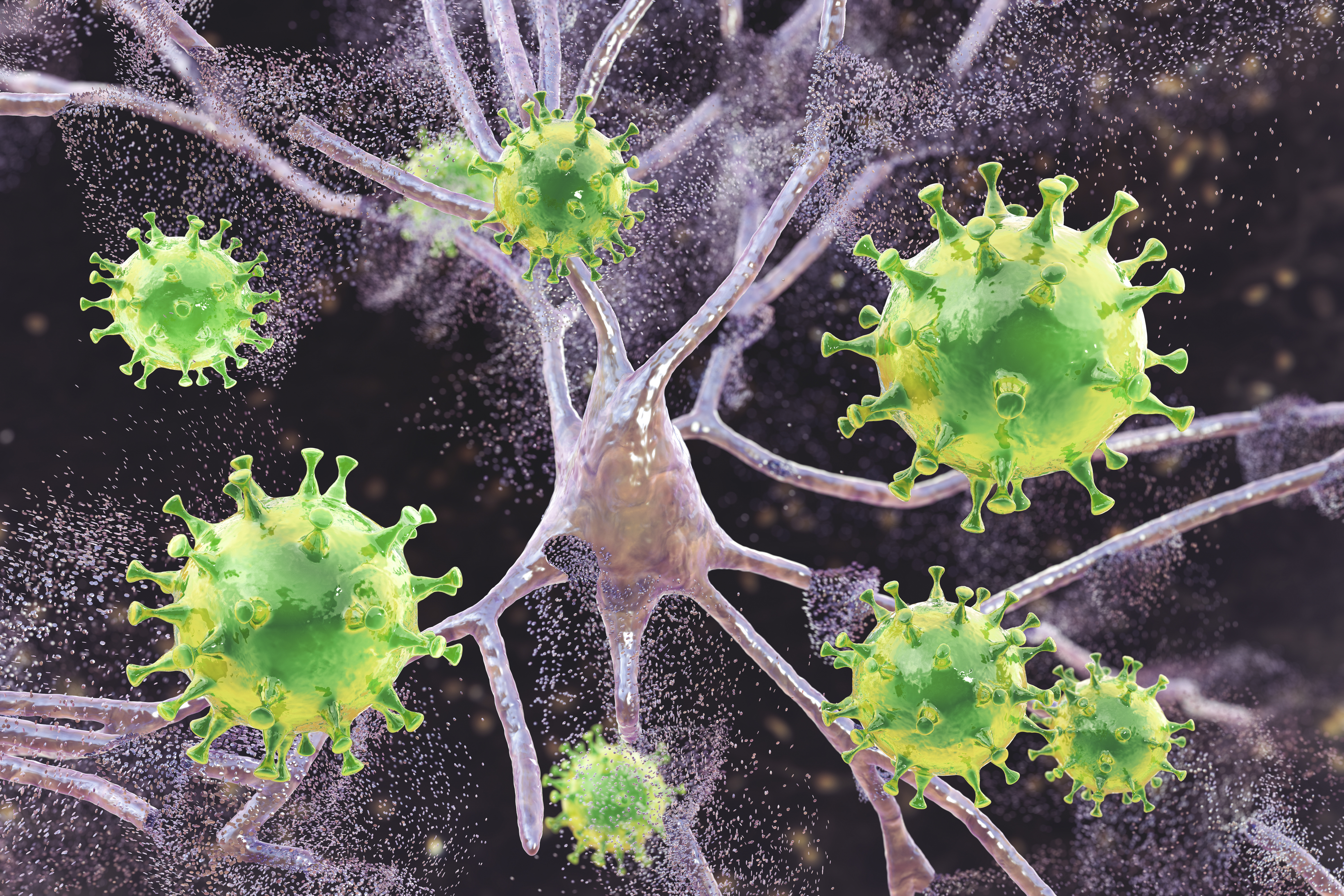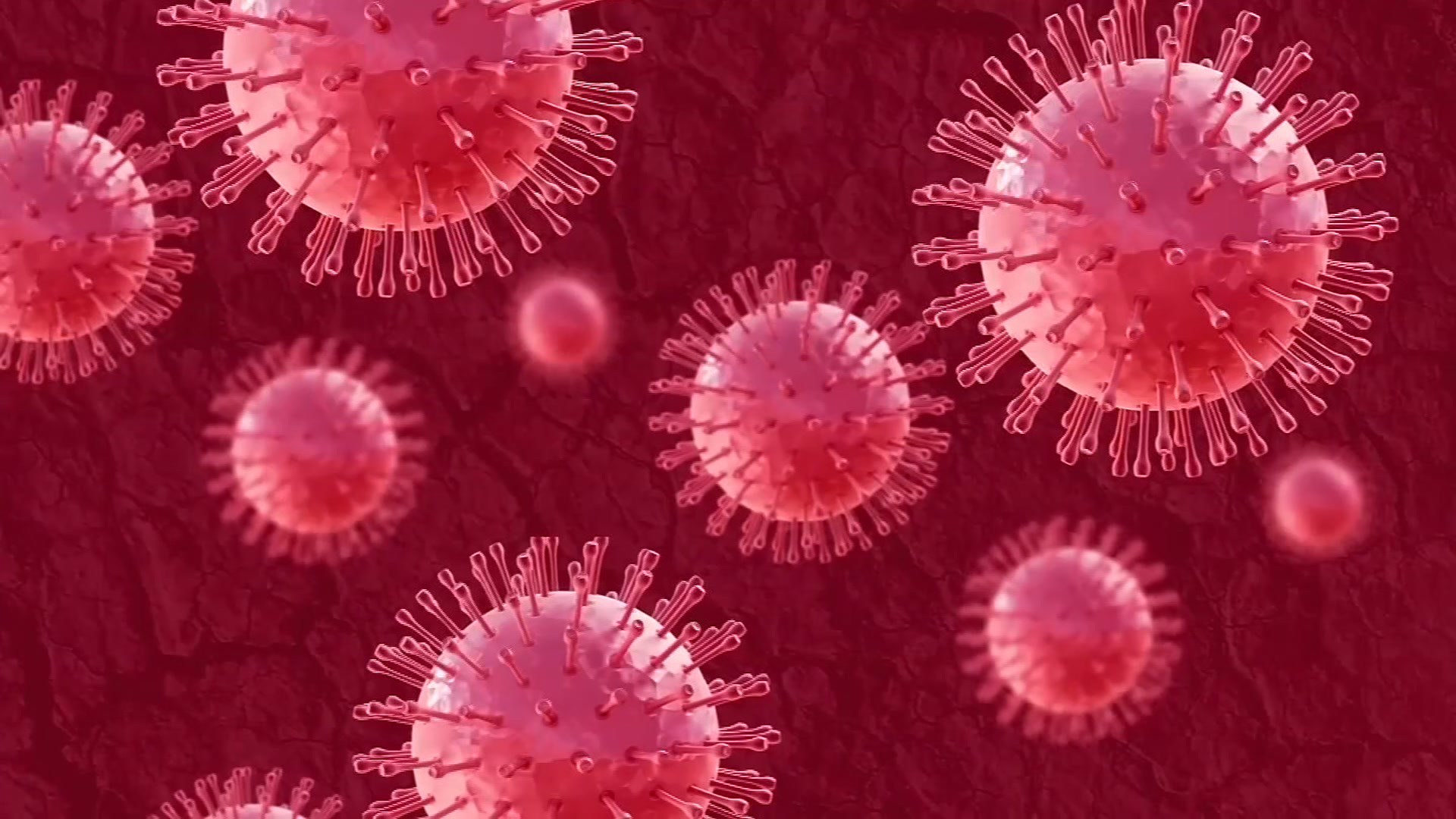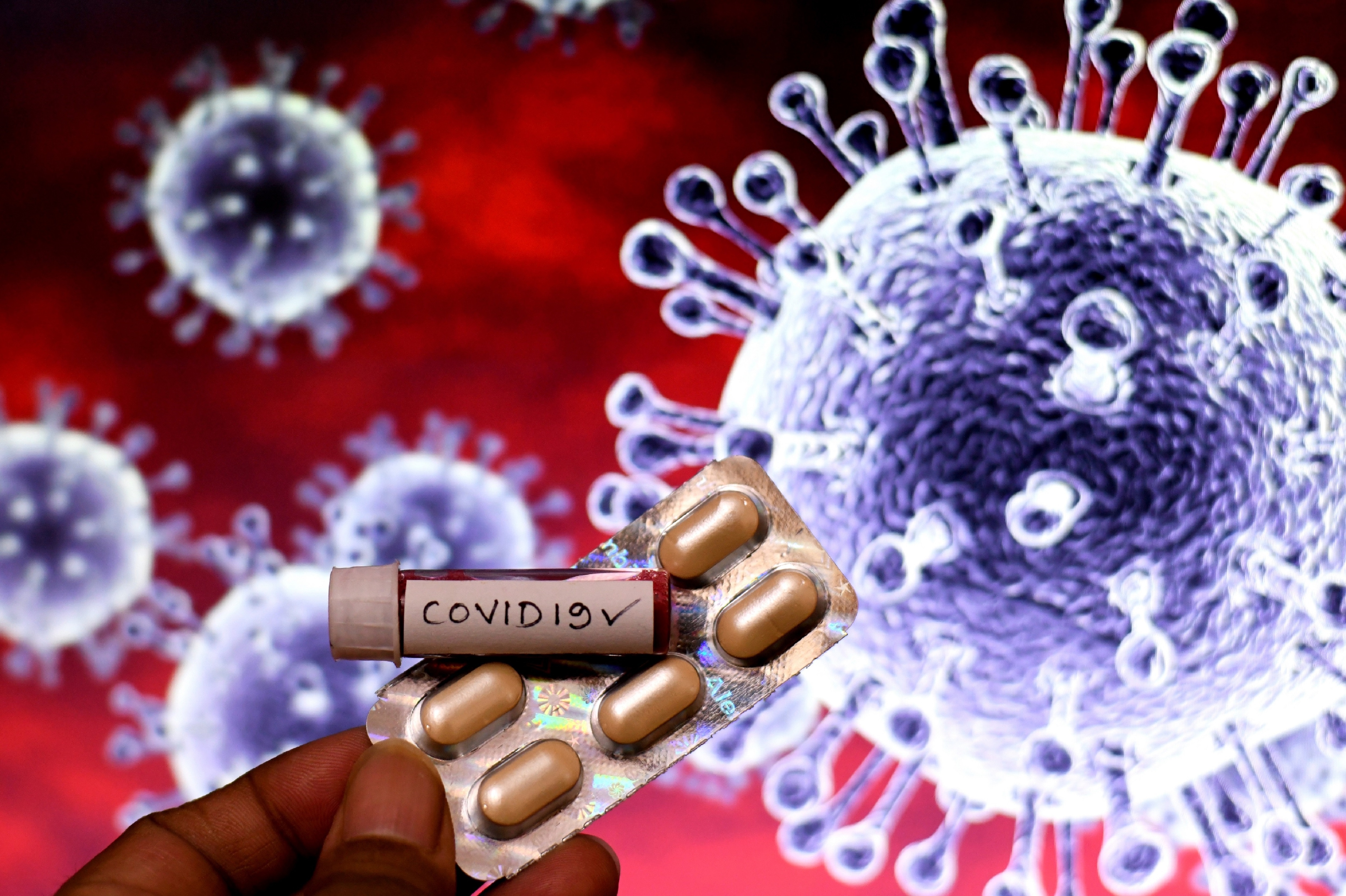A new study published Monday shows that the Pfizer COVID-19 vaccine's efficacy wanes dramatically over time, falling from 88% protection in the first month to just 47% at five to six months. Vaccine effectiveness against the delta variant was 93% during the first month and declined to 67% at four to five months.
The study shows that reductions in effectiveness against COVID-19 are likely primarily due to waning of effectiveness against infection, rather than the delta variant escaping vaccine protection.
WATCH ANYTIME FOR FREE
>Stream NBC10 Boston news for free, 24/7, wherever you are. |
“What this study suggests is that the introduction of the delta variant may not be the primary driver of recently reported declines in effectiveness of COVID-19 vaccines and the increasing rates of breakthrough infections among people who are fully vaccinated,” said Dr. Sara Y. Tartof, an infectious disease epidemiologist with Kaiser Permanente and lead author of the study.
So what does this mean for you, especially if you got your shot in the early stages of the vaccine rollout? Do you need to be more cautious about attending mask-free gatherings or events? And should you be lining up to get a booster?
Get updates on what's happening in Boston to your inbox. Sign up for our >News Headlines newsletter.
As part of a new weekly series, "COVID Q&A," NBC10 Boston asked two top Boston doctors on Tuesday for their thoughts on waning vaccine efficacy and what it means for people who may have been vaccinated five or six months ago.
Does vaccine efficacy wane over time?
Medical experts seem to agree the answer to that question is yes. The question is how much does it wane?
"I think what's becoming pretty clear and what we've been saying is it's hard to disentangle the effect of waning immunity and the effect of delta. More and more what we're seeing is both have an effect," Dr. Shira Doron of Tufts Medical Center said.
"Time does have an effect -- time since vaccination. The main effect is the decline in antibody levels, and antibody levels don't tell the whole story about how the immune system responds to vaccination."
But am I still protected to some extent?
"Most of the evidence suggests there is still a fairly strong protective effect by the vaccine against severe disease and hospitalization," Boston Medical Center's Dr. Davidson Hamer said.
"So what happens if your antibody levels wane, which is normal and expected? You'll be more susceptible to the virus getting in your nose and replicating in your nose, and so you will be more likely to have a mild upper respiratory tract infection," Doron explained. "But that doesn't really speak to how likely you are for the virus to progress to involve your lungs, other organs and lead to severe complications of COVID-19."
Who should be most concerned?
"There are some hints for older people and those who are immuno-compromised that protection against severe disease and hospitalizations and therefore death has declined somewhat," Hamer said. "But the bulk of the hospitalizations in the country and in Massachusetts are people who have not been immunized."
"There are some older people who are being hospitalized with vaccine breakthrough cases," he added. "People do need to be cautious. Delta is highly transmissable."
How important is it that I receive a booster, and what can I do to protect myself in the meantime?
"Immunity may be waning to some extent, especially for those people who had the vaccine way back in December, January, February of this year, and they may want to intensify their personal protection measures until they receive a vaccine booster," Hamer said. "And that's if they qualify. We still don't have a booster approved for Moderna and the J&J vaccine."
"I think people need to be aware that they are less protected over time against that mild upper respiratory tract infection, which in some people very rarely can progress to a later stage complication, especially if they're immuno-compromised," Doron said. "And then they need to apply their own risk tolerance to their day-to-day activities, keeping in mind what the case rate is in their community."




